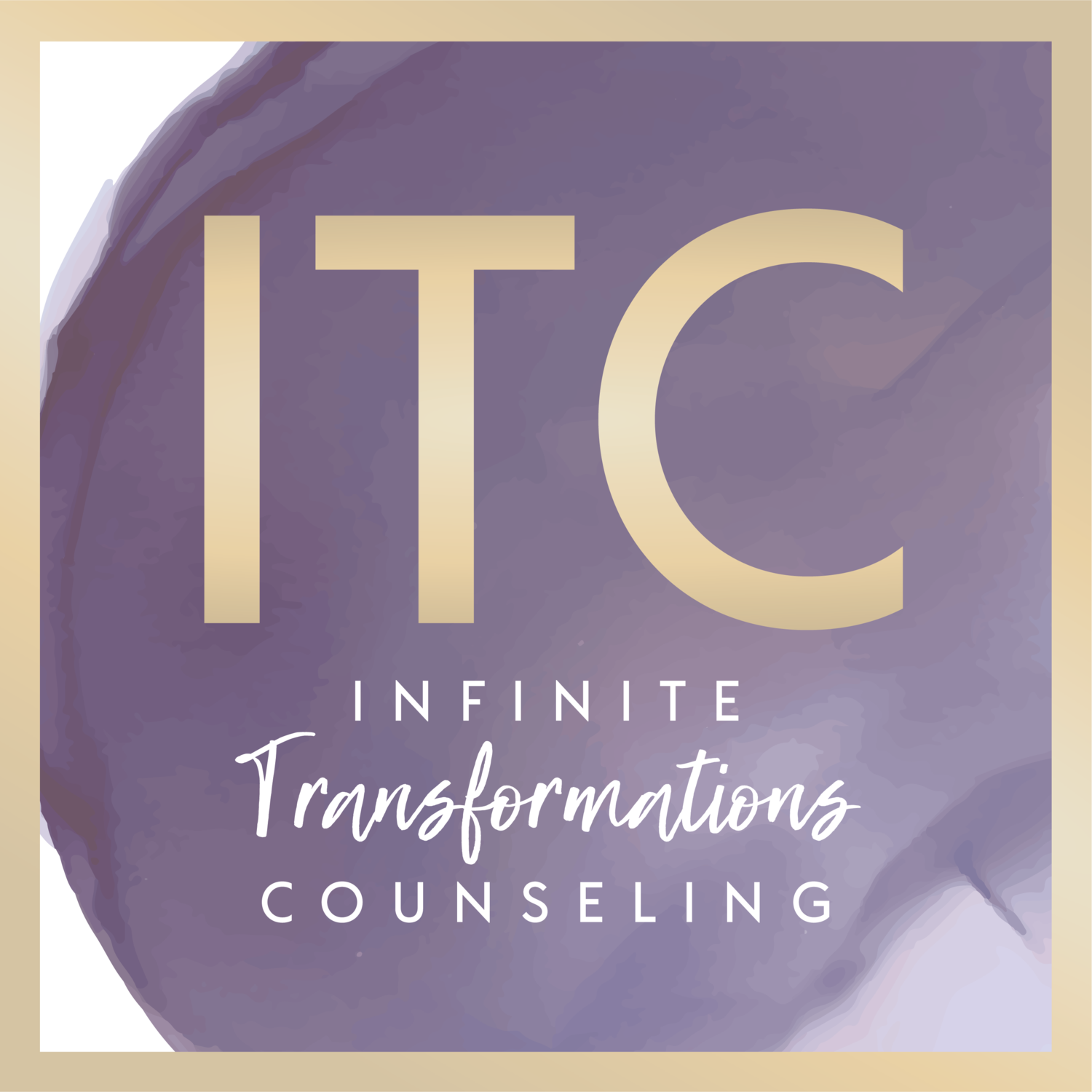Whether you're completely new to the world of therapy and counseling or you've been attending sessions for a while, you may be working on figuring out the best plan of action for your healing moving forward.
If you've been working with a counselor or therapist already, you may have tried both things that have worked for you and others that may not have worked for you.
You may have come across different forms of therapy while chatting with your therapist or while browsing the internet on your own.
Let's dive into brainspotting and how it can help you with your issues.
What is Brainspotting?
Brainspotting is defined as "a powerful, focused treatment method that works by identifying, processing, and releasing core neurophysiological sources of emotional pain, body pain, trauma, dissociation, and a variety of other challenging symptoms."
Brainspotting was discovered by accident by David Grand, Ph.D. in 2003. Grand was conducting an EMDR (Eye Movement Desensitization Reprocessing therapy) session at the time of his discovery. During one of his sessions with a client, he was able to work with them to hold their eye position in place. Typically, during these types of sessions, the eyes are moving and changing directions. The slight hold in the eye position allowed the client to have a breakthrough, allowing them to go deeper in order to reveal and process new information.
How does Brainspotting Work?
Brainspotting works on the premise of "where you look affects how you feel."
Eye position correlates to the unconscious, as shown by Grand's session with the client he was working with when he first discovered brainspotting. Brainspotting allows parts of the brain to be accessed that are not usually able to be reached during most other types of therapy.
What Issues does Brainspotting Help With?
When brainspotting was originally founded, it was most commonly used as a treatment for trauma. Years of research have proven it to be a highly effective form of therapy beyond just trauma therapy. It is commonly used in situations where thinking can get in the way of your performance or day-to-day life.
Here are just a few of the issues that brainspotting can help with in addition to trauma:
Abuse
Anxiety
Approval Needs
Concentration
Creativity Blocks
Failure
Loss
Overthinkers
PTSD
Self-Confidence
What Does a Brainspotting Therapy Session Look Like?
Similar to attending any other type of therapy, your therapist will first ask you about your reasons for attending therapy and any issues you may want to work on.
After your therapist gets to know you better, they'll ask you where and how intensely you feel the most activation in your body when discussing certain issues. They'll also help you determine which place in your body you feel the calmest.
From there, you and your therapist will work together to help guide you to find your brainspot. From there, your body and brain will do the work for you.
How Can You Tell Brainspotting is Working?
Just like any type of therapy, one session won't magically fix all of your problems. How someone responds to a session is unique to each individual, but in most cases, there are shared experiences after a session or a few. Here is how you can tell brainspotting is working for you:
Deeper insight and understanding
Increased awareness
Progress
Reduced stress
Resolution of the issue
Want to Schedule a Brainspotting Session?
Doctors, coaches, and psychotherapists:
Contact us for collaboration if you think a session of brainspotting will assist you in your work with your clients or athletes.
Clients of other therapists:
Love your current therapist? Ask them if a session of brainspotting could help you get past blocks impeding on your progress.
Prospective clients:
Schedule a brainspotting session now if you think brainspotting can help you “transform” your life or if you want to learn more!
We want you to feel better, let’s begin your transformative journey! Learn more about brainspotting or connect with us.

